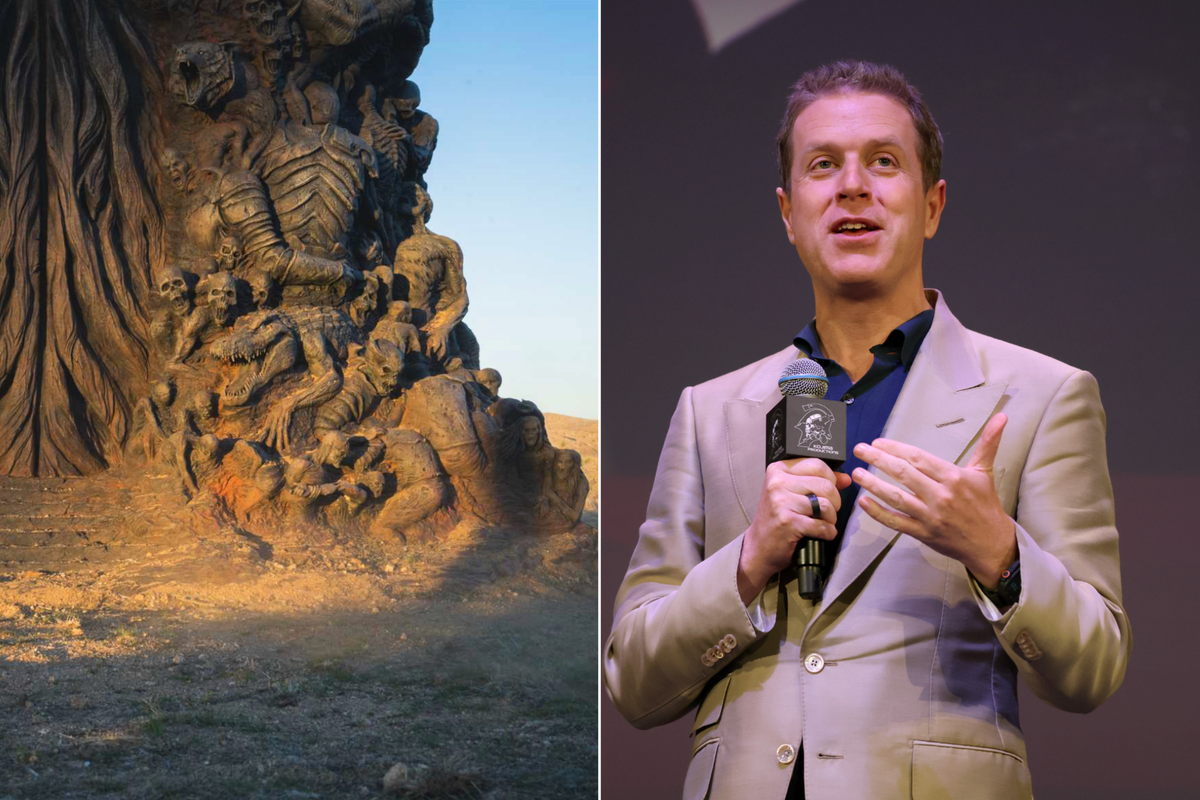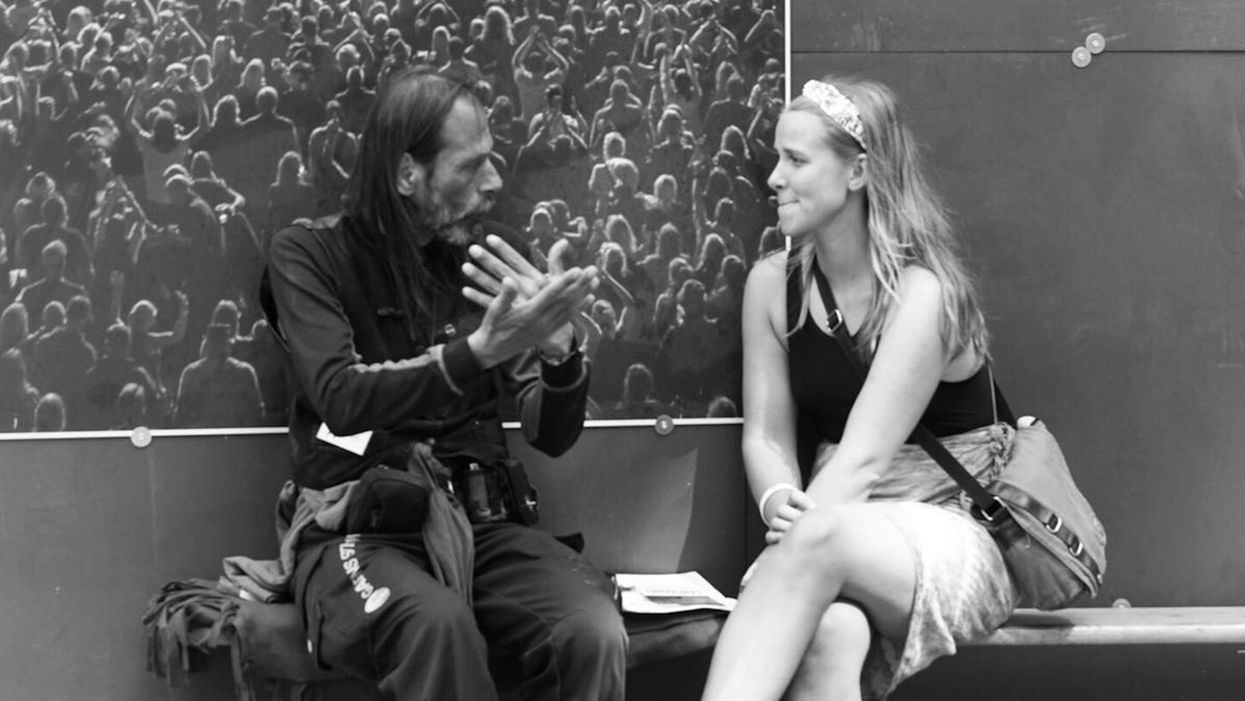
The saying goes: You should never judge a book by its cover. Well now, an innovative library in Denmark has taken the metaphor into its own hands and revolutionised the reading experience through dialogue. Instead of borrowing traditional books, volunteers at The Human Library lend 30 minutes of their time in a bid for readers to unjudge a person.
The first-of-its-kind learning platform aims to tackle challenging topics, embrace diversity and to create more inclusive and cohesive communities across cultural, religious, social and ethnic differences.
With help from his brother and colleagues, Ronni Abergel, 48, came up with the compelling concept in February 2000. A few months later, they kickstarted their mission at a local music festival in June.
“Over four days, 50 different topics were published to readers and thousands took advantage. This convinced me that this library had an important role to play in communities all around the world,” he explained. “It showed me that it was a library for the whole world to benefit from.”
Twenty-one years on, and The Human Library has become a global phenomenon, expanding to over 80 countries worldwide. They have since acquired partnerships with some of the UK’s biggest brands such as Tesco, Heineken, Travis Perkins and UNILEVER – which is how they fund their community work.
While their permanent library and reading garden reside in the centre of Copenhagen, Ronni explained that they have local partners helping them host sessions. In some countries, they have physical book depots.
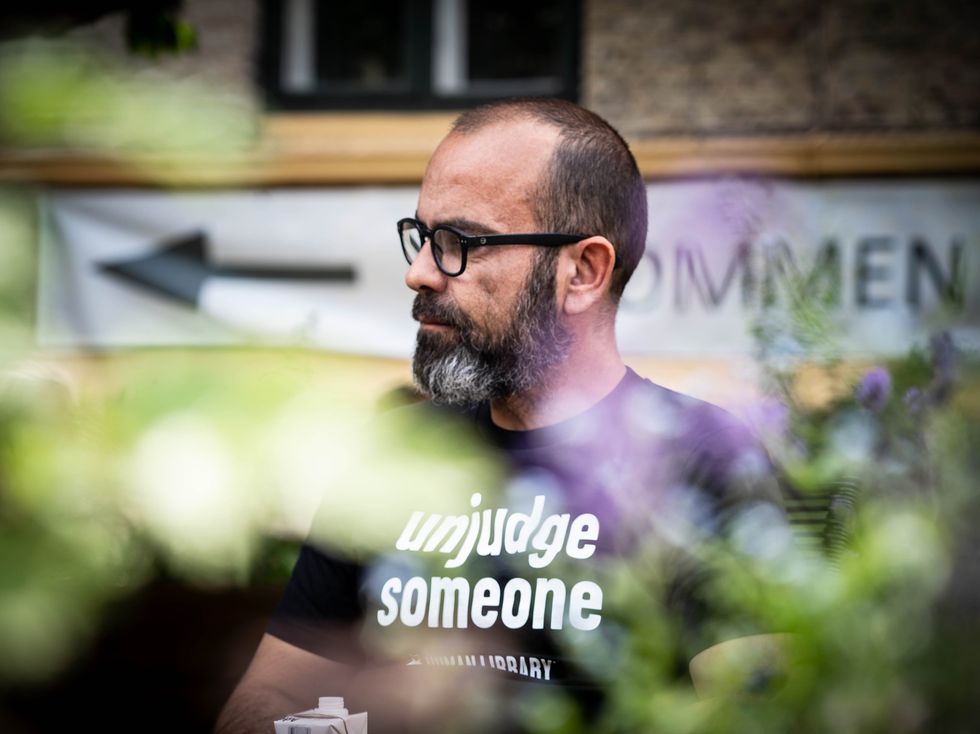
Sign up to our new free Indy100 weekly newsletter
The Human Library allows visitors to, quite literally, read someone’s mind, giving room for any questions and difficult discussions in between.
Speaking about the intimate reading experience, Ronni told indy100 that the “open books” (volunteers) help people “better understand their own unconscious bias.”
“Most often, the readings will help you better understand groups in your community that are often stigmatised, misunderstood, stereotyped, discriminated against, excluded or exposed to hate crimes,” he said.
“After a short intro (blurb) from the ‘book’, the questions will start”, Ronni said, before explaining that there is no “pre-determined narrative” or “script”, so to speak. The reading is purely based on human interaction.
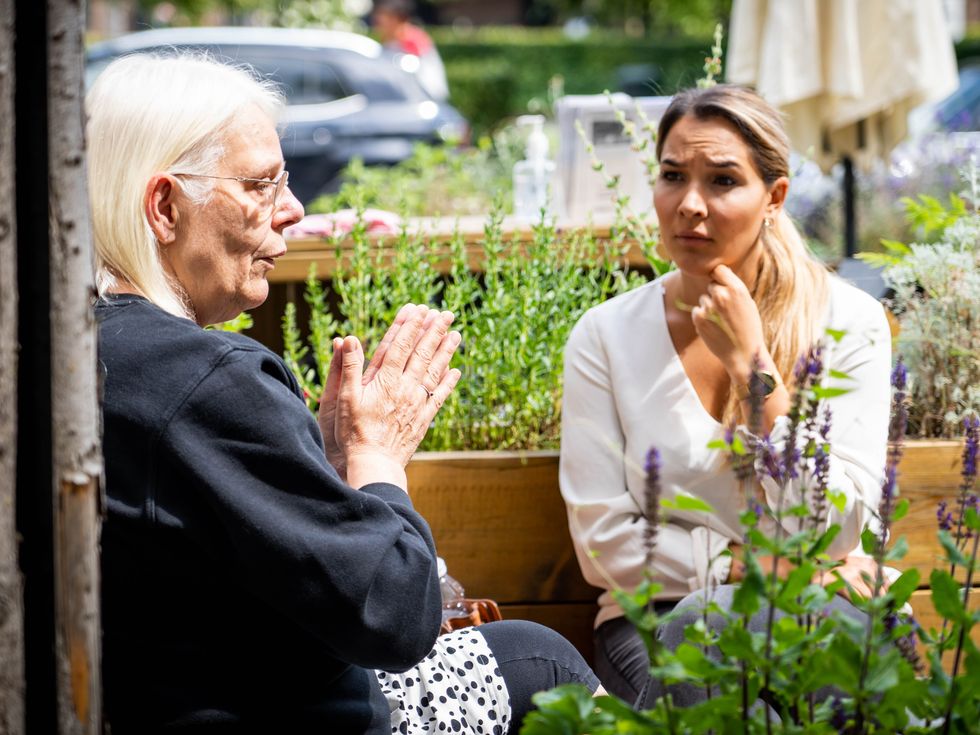
Speaking about how people can join The Human Library as ‘books’, Ronni explained that “new editions come from different sources” to ensure a wide range of topics are covered.
Some of the library’s readers acknowledge the value in their own story and end up “contributing with valuable experiences others could learn from.” Others join through “word of mouth, SoMe posts and media segments.” Community interest groups are also big wins for the library, although Ronni strictly forbids “missioning, campaigning and lobbying.” Instead, he looks for “simple, boxed-in titles” such as “Bipolar, Refugee, HIV+, Transgender, Disabled etc.”
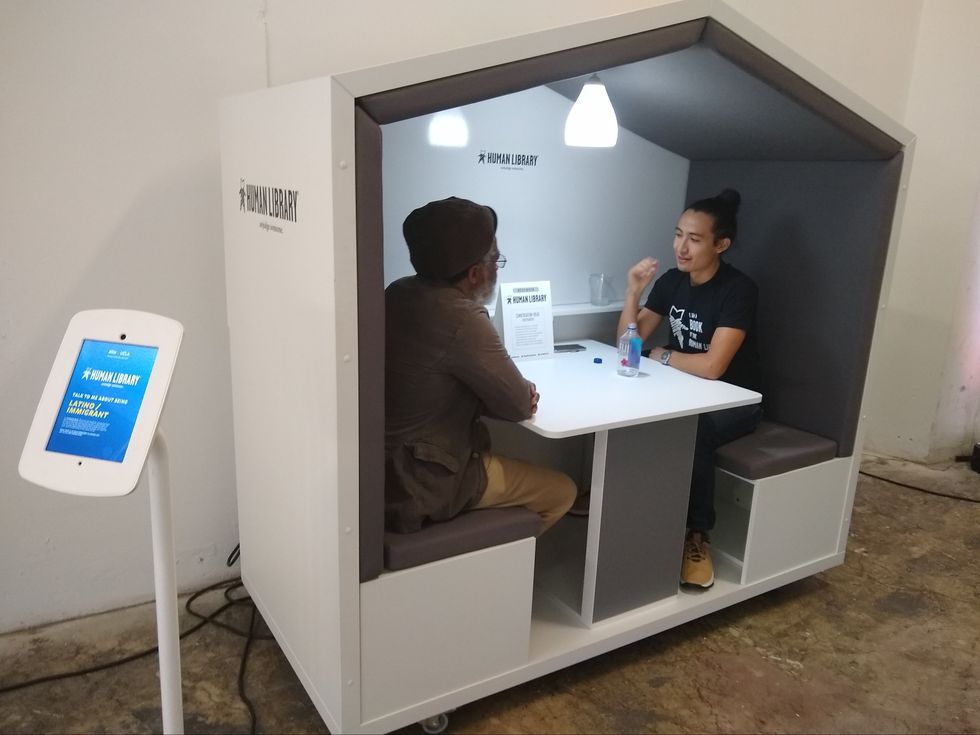
The Human Library is completely free for readers and is typically funded by the organisation and the publishing partner. Ronni explained how he has come across various dupes of the organisation who charge for the service. “If someone is charging for the service, then you know it is not an original Human Library,” he added.
Click here to find out more about The Human Library.


